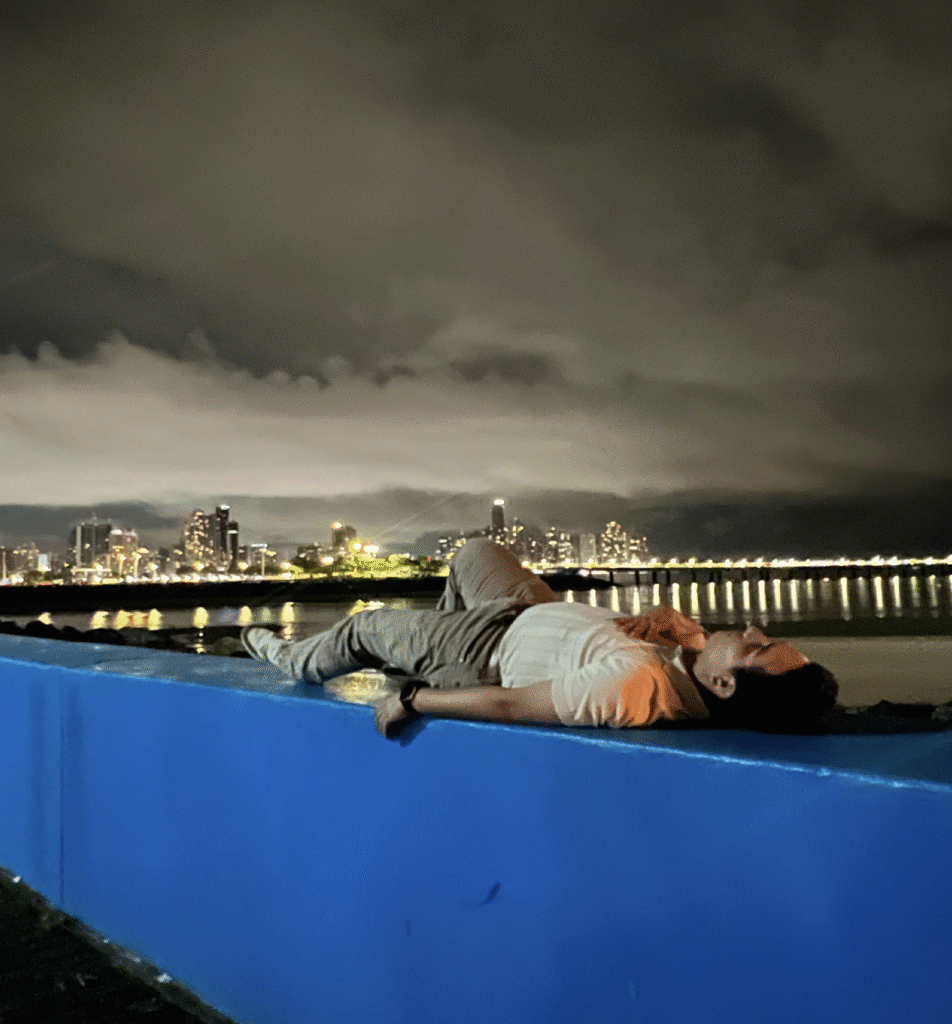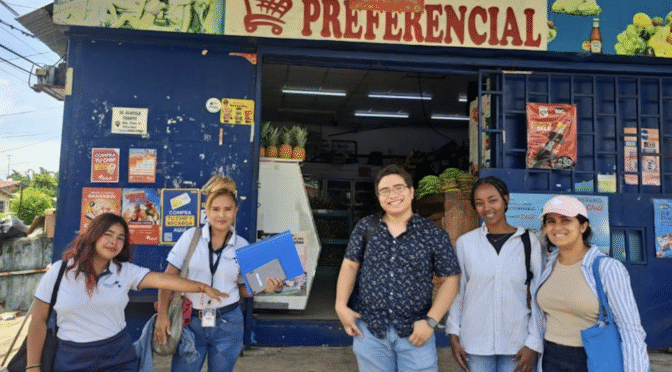By Douglas Ramirez, Undergraduate student in the UT Molecular Biosciences Department
“…So like, why are you going to Panama?” A question I was pelted with from all sides in the days leading up to my departure. This question filled my head as I walked into the CID Gallup office on the first day. Admittedly, I felt like an outsider going in. As the only member of the cohort in STEM, at times I felt out of my depth for the program. Democratic development and social conditions have been something that I’ve been interested in but admittedly I didn’t have much formal education on these before the program. I’ve learned through my personal research and have conducted field surveys, but frankly that just can’t compare to full courses. Regardless of any doubts, I decided to go full steam ahead.
In the office, things were immediately different from the image I had in my head. Where I had expected a rigid office with daily deadlines and strict timetables, I instead found a more relaxed environment. CID Gallup isn’t your average office—and that’s exactly what I’ve loved most.
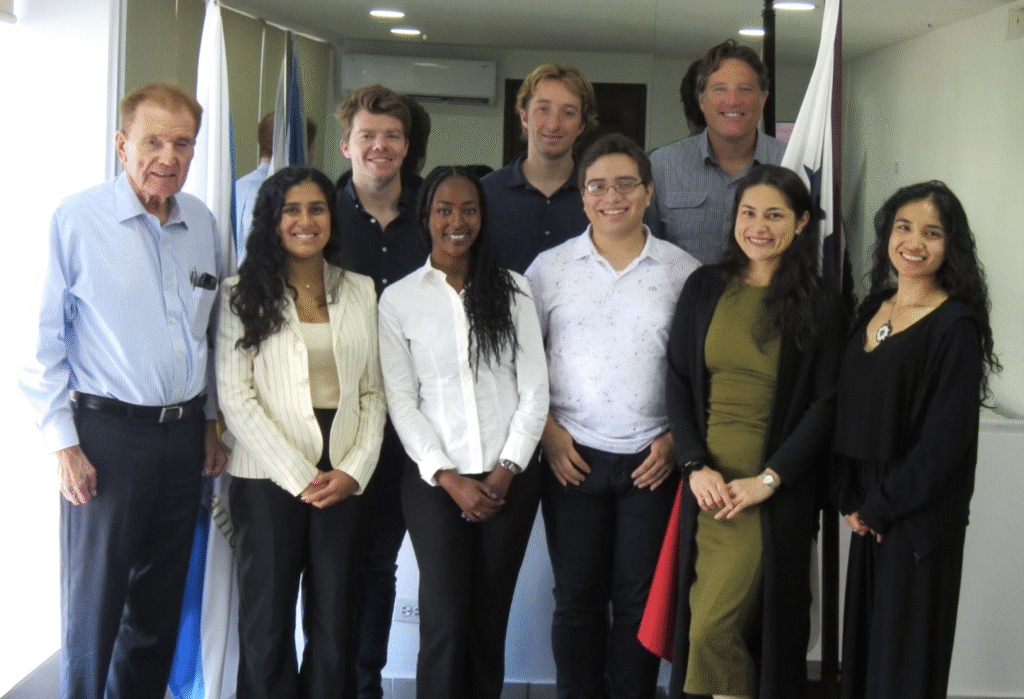
What am I doing in Panama? Well, with CID Gallup that’s always changing. At first, we found ourselves awash with time to get to know those in the office and what everyone was working on. We became familiar with the field workers who went out into Panama itself and administered the surveys. I even went along for a few of these trips to ‘El Campo’ (the field) as we called it. These days were tough with the sun bearing down on us, which only let up when the pouring rains replaced it. Regardless, these days were fantastic.
Getting face to face with an average Panamanian and simply administering surveys was great, and it helped that the people out in these rural areas were all very kind. A surprising number of people were willing to give up their precious time for little to no reward, just to help us out and allow us to compile a larger picture of public opinion. Now while the people were nice… some of the dogs weren’t, so we had to turn tail a few times. It happens out there!
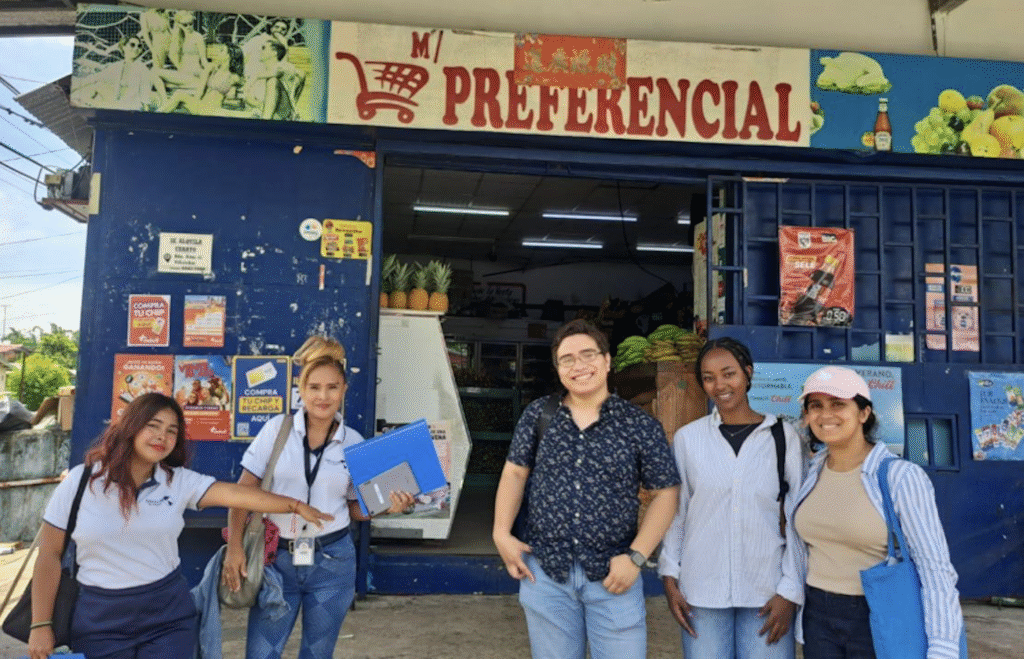
The customers for these surveys were pretty notable as well. ORB (under the direction of the Department of Defense) was studying the effect of social media on opinions of the United States and China in Panama. The United Nations Development Programme (UNDP) did a study on quality of life in areas at risk of being flooded due to new development. On top of all the work I did on behalf of clients, I also worked on a University of Texas at Austin-sponsored study in Panama regarding migrants. I helped with the recruitment for a focus group, identifying and screening participants on the streets of Panama City. Afterwards, I worked on transcribing the recordings to then pave the way for later analysis.
Getting boots-on-the-ground experience really gave me a better understanding of what it was like to collect data and the sorts of questions that some may be more or less comfortable answering. This insight is crucial for me, someone who is heavily interested in and has experience in sociological research at UT. It can be hard to get one’s nose out of a book at times, so this was a fantastic experience for understanding what people are receptive to. I’m hoping that I can take this into future sociology and psychology work. I want to go into these fields, and I think this experience will make me an asset to any lab willing to take me on.
Aside from the field surveyors, I was also able to acquaint myself with the sales team. However, don’t let the name fool you—the ‘sales team’ is a bit of a misnomer. Their real job was usually to design studies to then offer to interested parties. It was with this excellent guidance that I was able to learn what considerations go into a study at the level CID Gallup operates, from the number of surveys, the size of the pilots, the timelines, and other important considerations. As a quick warmup, we were able to workshop and edit the proposal for UNDP, which we would later help field.
With this experience, I was then able to move onto proposing my own study—one on mental health, a topic that I want to follow for my career of one day becoming a psychiatrist. Having the ability to not only work on such an important project like the UNDP survey, but also the freedom to design my own study is something that I wouldn’t have been able to access anywhere else but here in Panama. Furthermore, doing all this work in Spanish, although difficult, made me slow down and put extra thought and effort into everything that I was putting down. I feel much more confident in my abilities now; after all, if I can do this in my weaker language, I have no doubts I can do it in English.

Finally, I spent some time getting to know and working alongside the analysis department. Analysis’s job is fairly straightforward, on paper anyways—they analyze. Now obviously it’s not that easy. Working with these amazing people, I came to realize the type of mindset required for analysis of the raw data collected in the field. After all, numbers don’t exactly speak for themselves, do they? We need a translator; and that’s where the real analysis lies.
I had to change my mindset, digging deeper below the surface level to start finding connections in the data. To begin I was able to analyze the quarterly opinion polls from Gallup in Guatemala and create an infographic. I decided to zero in on the high rates of hunger and perceived increase in cost of living which contrasted with the low inflation rate. The result was this infographic on food insecurity in Guatemala.
This exercise helped me get into the mindset for a bigger task, which was analyzing the graphs and data from a recent CID Gallup poll in Panama for First Quantum Minerals, a mining company interested in reopening a recently closed mine. Looking at the data, I was able to make connections between stresses over unemployment and slowly rising support for restarting mining. I made recommendations on how to best garner support going forward and submitted my work feeling proud.
This change I was able to undergo is something that’ll be especially useful in my science major. Being able to tie lines together with the support of clear data and make a reasonable inference is something that is hugely important and will be something I refer back to often. The trust placed in me by CID Gallup to do these analyses was remarkable, and their guidance kept me on the right track and allowed me to work at my peak.
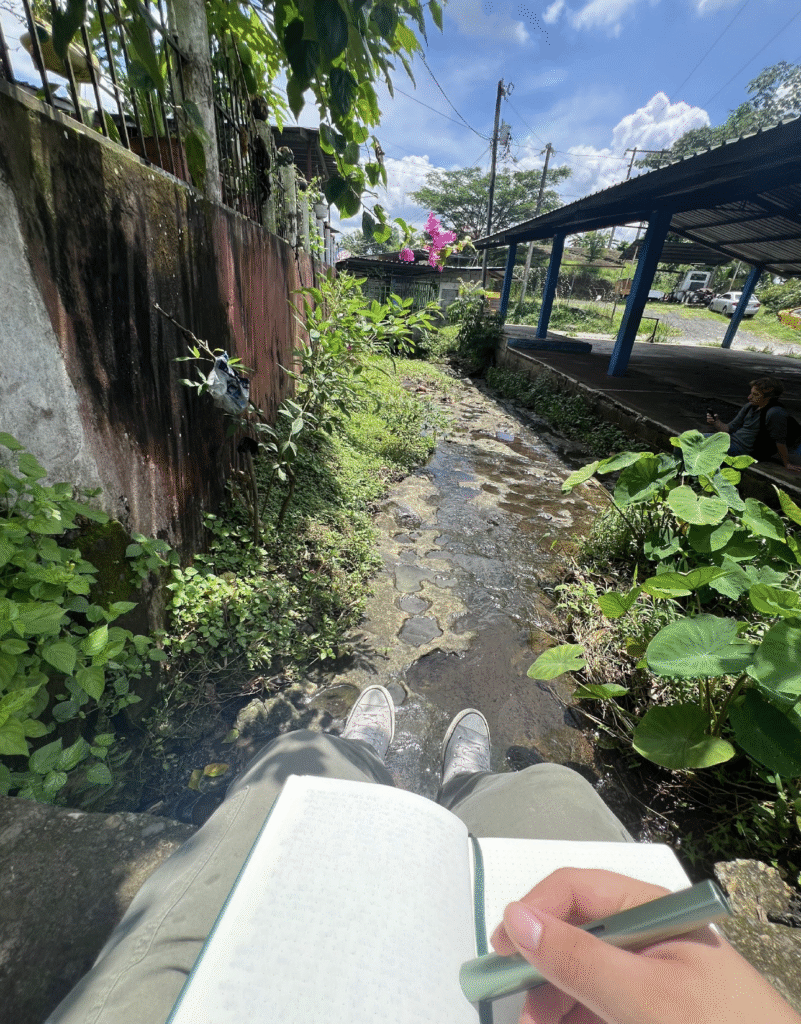
Now of course, my time in Panama hasn’t been all work. In my downtime, I was able to explore different parts of the city and country, including the Casco Viejo, El Dorado, and Via España areas. It was amazing to see all the culture in Panama, and with all the time here I was really able to start living like a local. Getting lunch at the local fondas, grabbing a quick coffee on my way to work, and even taking the metro and bus. All the time allowed me to really sort of take it slow and enjoy everything this country has to offer. And of course, that included the beach!
All in all, this experience in Panama has been irreplaceable. All the freedom afforded to me by the amazing people here at CID Gallup has allowed me to spread my wings and hone in on the things I really care about. Between the experiences with experimental design and analysis, as well as the crucial people skills I’ve cultivated, I feel extremely confident in my ability to apply this in the future. Especially as someone with aspirations for medicine work, be that research or patient care, this will be something that will be invaluable going forward. Medicine is a people-focused field after all, so working in Spanish and strengthening my capacity to work in two languages, as well as the general person-to-person experiences of being in an office and in the field will be crucial to my career going forward.
I’m so grateful for the opportunity to come to Panama. Being able to work on such a variety of high profile projects has been incredible and has allowed me to grow as a person and develop skills that’ll allow me to make a greater impact going forward.
